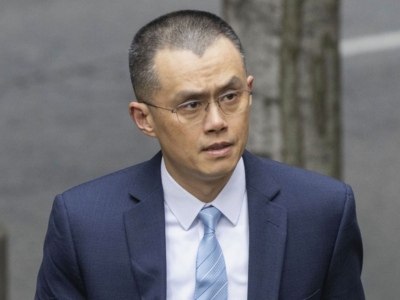Denel’s Brain Drain to Gulf Firms Sparks IP Theft Fears
- by Editor
- Sep 15, 2025

Credit: Freepik
A new report has exposed severe governance lapses and financial turmoil at South Africa’s state-owned defence firm Denel, leading to a mass exodus of missile experts to Emirati and Saudi companies, along with the alleged unlawful transfer of sensitive intellectual property.
The investigation, highlighted by DefenceWeb and detailed in a Special Investigating Unit (SIU) probe, reveals how Denel’s collapse since 2016 has enabled Middle Eastern entities like EDGE, Tawazun, and Saudi Arabian Military Industries (SAMI) to poach over 300 skilled workers. These include specialists in missile systems such as the Umkhonto, Ingwe, and Mokopa, as well as unmanned aerial vehicles (UAVs) and guided weapons. Recruits, often lured with 30% salary hikes and relocation perks, were reportedly encouraged to extract proprietary data from former colleagues at Denel and the Council for Scientific and Industrial Research (CSIR).
The report attributes the talent flight to Denel’s cash crisis, exacerbated by irregular contracts under a 2015 board, including a R229 million deal with Gupta-linked VR Laser and R334 million in aid to subsidiary LMT, violating the Public Finance Management Act and Companies Act. These missteps turned Denel from profit to losses, delaying salaries and prompting departures. Tawazun Dynamics, a 2012 joint venture with Denel holding 49%, evolved into Barij Dynamics and Al Tariq, but soured relations led to IP worth R328 million being illicitly shared with SAMI, including "data packs" for key missile technologies downloaded without board approval.
SIU findings point to "criminal" orchestration by former executives, including the CEO, who resigned to join SAMI after a failed 2018 NDA negotiation. Forged authorizations enabled P2 and P3 missile data transfers. Denel’s contracts lacked non-disclosure or non-compete clauses, allowing seamless data flow. The Department of Defence has not commented, and the SIU probe continues amid national security concerns.
While Gulf firms deny wrongdoing, claiming legitimate partnerships, the scandal underscores South Africa’s struggles with state capture and defence industrialization, potentially compromising local capabilities in a region reliant on these technologies for security.













0 Comment(s)